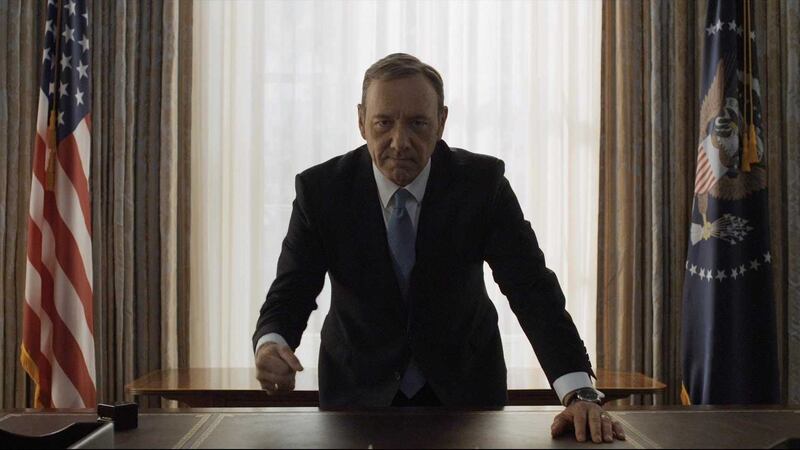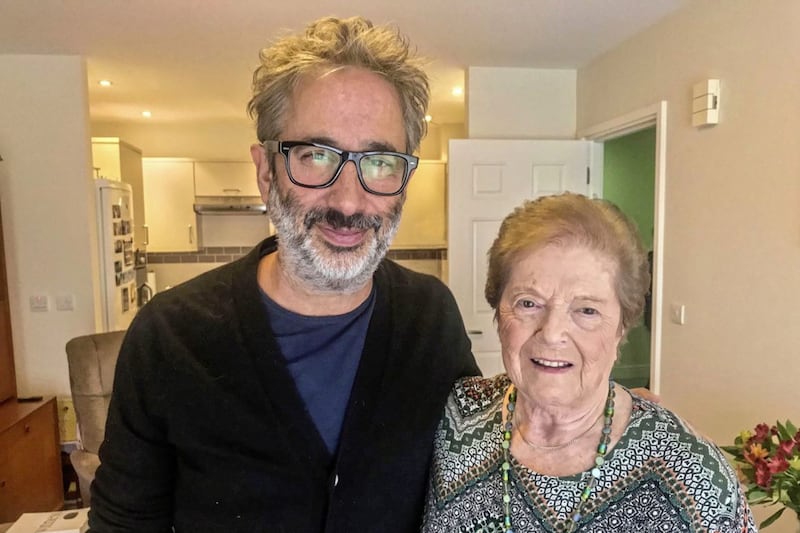EU Referendum: The Great Debate, BBC 1, Tuesday at 8pm
Now that the EU referendum is over it's time to identify the winners and the losers.
It's been the greatest political event on television that I can recall since the two abortion referendums in the Republic in the 1980s and 90s.
Nothing since then has convulsed a people as much or occupied as much of a nation's TV time.
The Good Friday Agreement, certainly in Ireland, was a huge event but there was no great clash, the outcome was a certainty.
The abortion referendums tore at the heart of the Republic. It polarised voters and led to a vicious debate where incredible insults were hurled, even in the absence of social media.
After the first referendum the insults were saved up and amplified for the first divorce referendum which came between the abortion referendums.
To digress for a moment - it is incredible to think that with the Republic a basket case economy with mass employment and huge emigration, never mind a war in the north, that we focused lots of our energy on four referendums in 14 years on abortion and divorce.
As Frank Underwood said in House of Cards: "The road to power is paved with hypocrisy, and casualties.''
The EU referendum certainly got some traction in Ireland, but it has been a powderkeg in Britain, with the murder of MP Jo Cox possibly connected to the extreme feelings it has engendered.
After dozens of televised debates through the long campaign, the BBC had to do something to assert its authority as the public broadcaster on a matter of such magnitude.
That is why, perhaps, the BBC chose the Wembley Arena in London to hold its last and final debate before an audience of 5,000.
There may be a bad phrase about politics as showbusiness, but this was politics as rock concert.
It was Question Time on steroids. On the main stage where six debaters (three each side) with a second stage holding another five on each side.
Videos presented the main arguments on a giant screen before David Dimbley selected some poor soul from the huge audience to ask a question.
For a moment I thought that Boris Johnson would fall into the Neil Kinnock trap of actually thinking it was a rock concert.
Kinnock infamously lost the plot in his `we're alright' speech before 11,000 devotees in Sheffield before the 1992 general election - watch it here for a giggle:
But Boris is too wily for that.
He performed with his usual aplomb. Even when he is caught out, he accepts it with a twinkle in his eye and the beginnings of a smile that has made him one of the most popular politicians in Britain.
None of the others on the stage could touch him.
And it is why Boris Johnson is the winner of the referendum.
His main rival for leadership of the Conservative Party, George Osborne, has had a terrible referendum campaign.
He's been widely ridiculed for his threats about economic armageddon should the UK vote to leave.
Little more than a year after being credited with guiding the UK out of the worst recession in generations and winning a second election for the Conservatives, a tetchy Osborne is looking more like Gordon Brown every day.









